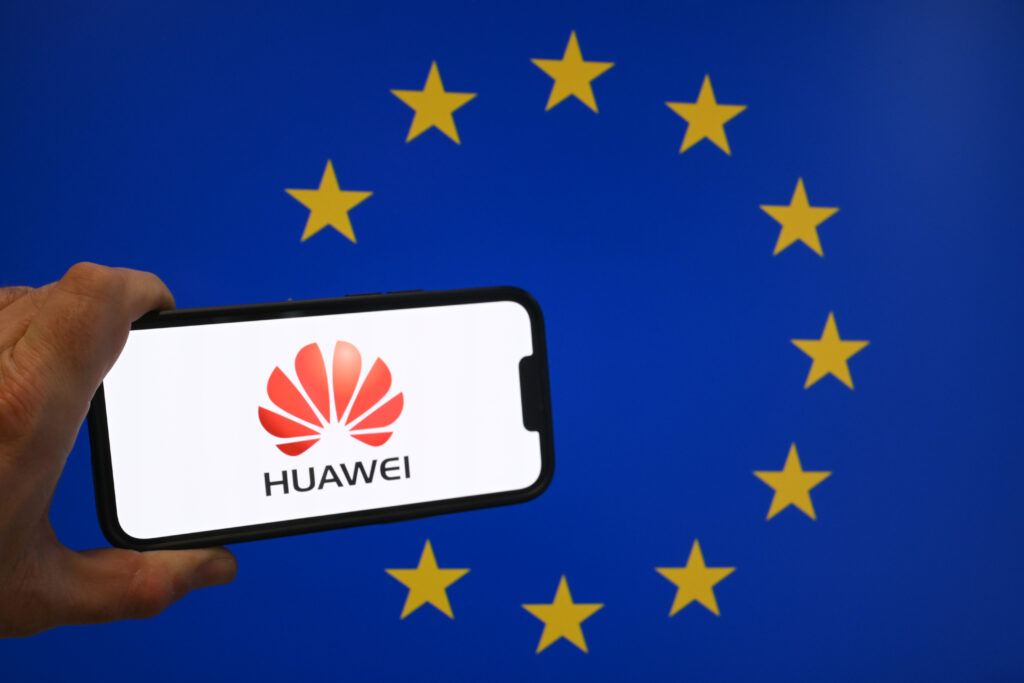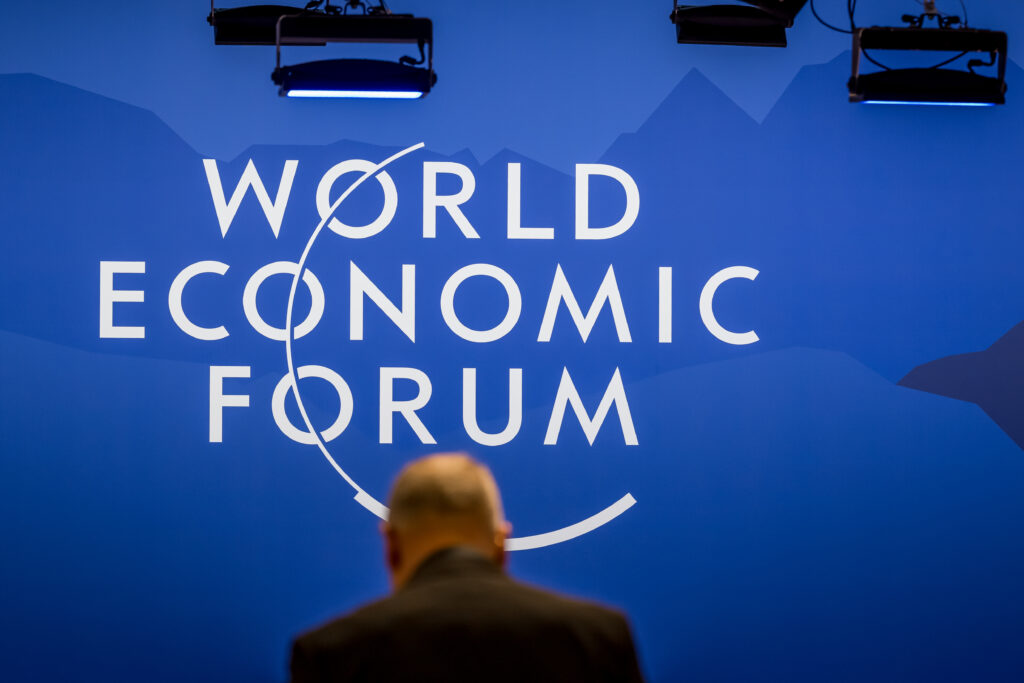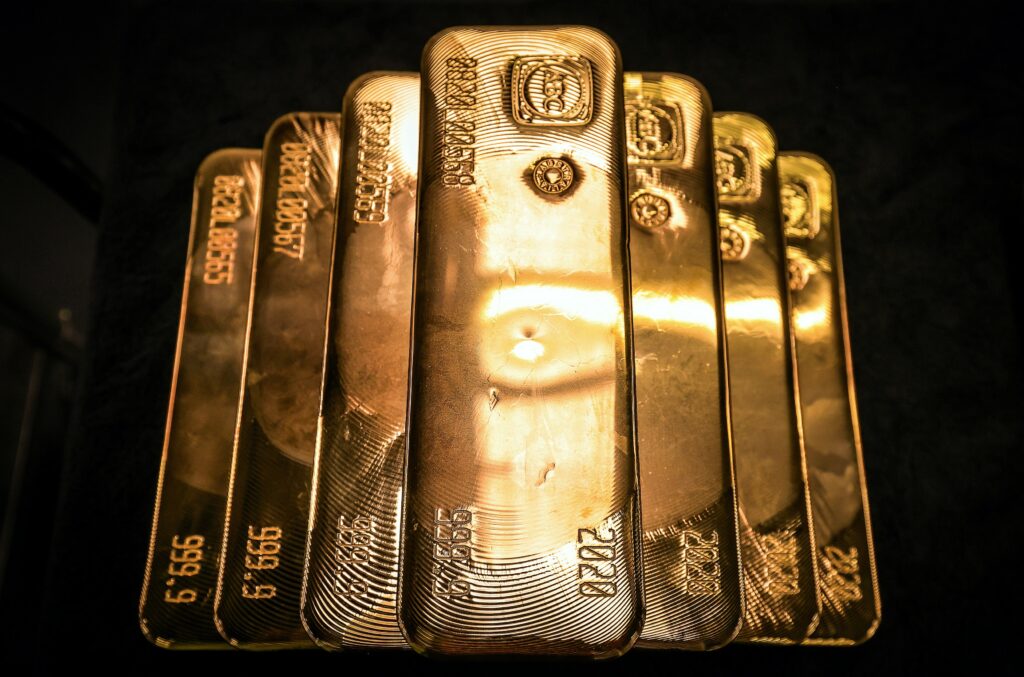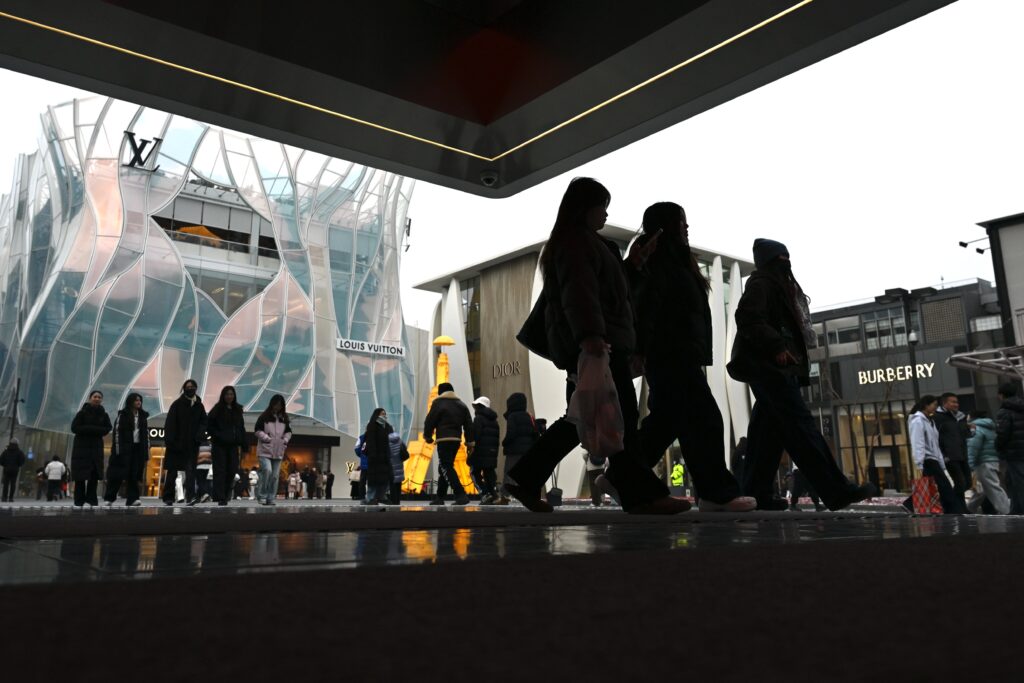World stocks sink, gold hits high on escalating trade war fears
World stock markets lost ground on Tuesday and precious metals hit fresh peaks as rising US-EU tension stoked volatility following President Donald Trump’s threat to impose tariffs in his drive to acquire Greenland.Major US indices spent the entire day in the red, with the broad-based S&P 500 finishing down more than two percent. The pullback on Wall Street and the reverberations across other financial markets reminded some observers of last April when Trump’s dramatic “Liberation Day” trade announcement sparked market turmoil that relented once Trump backed off his most draconian threats.The US president is expected to make more waves at Wednesday’s World Economic Forum.Trump’s posture towards Europe is “making ties with our biggest ally look fragile,” said Art Hogan of B. Riley Wealth Management. “Unless he retracts some of the rhetoric he’s had, I think it only gets worse.”Europe’s main markets also suffered, with London closing off 0.7 percent and Frankfurt ending down 1.0 percent.Earlier, Tokyo suffered a similar fate even though Asia overall closed mixed.Gold, seen as a safe-haven investment, notched yet another record high, surpassing $4,750 an ounce. Silver also peaked, surging above $95.50 an ounce.Key bond yields jumped on the heightened trade fears with the US 10-year Treasury note jumping to above 4.29 percent while Japanese long-dated bond yields reached record highs.Large tech names including Apple, Amazon and Nvidia fell more than three percent, while industrial giant 3M slumped 7.0 percent on concerns about its outlook. “Overall, this is a manmade crisis, and the continued sell off on Tuesday suggests that US threats to Greenland and their effects on financial markets could have further to go if the situation does not deescalate soon,” said Kathleen Brooks, research director at XTB.After a bright start to the year fueled by fresh hopes for the artificial intelligence sector, investors have taken fright since Trump ramped up his Greenland demands, on grounds of US national security.After European capitals pushed back, Trump on Saturday said he would impose 10 percent levies on eight countries — including Denmark, France, Germany and Britain — from February 1, lifting them to 25 percent on June 1.- ‘Mistake’ -The move has raised questions about the outlook for last year’s US-EU trade deal, the ratification of which was frozen on Tuesday by the European Union parliament.Speaking at the Davos gathering in Switzerland, EU chief Ursula von der Leyen warned the United States that hitting allied European nations with punitive tariffs over Greenland would be a “mistake.””The European Union and the United States have agreed to a trade deal last July. And in politics as in business — a deal is a deal. And when friends shake hands, it must mean something,” she said.US Treasury chief Scott Bessent on Monday said that any retaliatory EU tariffs would be “unwise.”Trump on Tuesday ramped up his rhetoric against France, warning he would impose 200-percent tariffs on French wine and champagne because it was declining his invitation to join a “Board of Peace”. That body was originally conceived to oversee the rebuilding of Gaza but its charter gives it a much broader, global remit, with Trump in charge.- Key figures at around 2115 GMT -New York – Dow: DOWN 1.8 percent at 48,488.59 (close)New York – S&P 500: DOWN 2.1 percent at 6,796.86 (close)New York – Nasdaq Composite: DOWN 2.4 percent at 22,954.32 (close)London – FTSE 100: DOWN 0.7 percent at 10,126.78 points (close)Frankfurt – DAX: DOWN 1.0 percent at 24,703.12 (close)Paris – CAC 40: DOWN 0.6 percent at 8,062.58 (close)Tokyo – Nikkei 225: DOWN 1.1 percent at 52,991.10 (close)Hong Kong – Hang Seng Index: DOWN 0.3 percent at 26,487.51 (close)Shanghai – Composite: FLAT at 4,113.65 (close)Euro/dollar: UP at $1.1719 from $1.1646 on MondayPound/dollar: UP at $1.3433 from $1.3425Dollar/yen: UP at 158.21 yen from 158.11 yenEuro/pound: UP at 87.23 pence from 86.74 penceBrent North Sea Crude: UP 1.5 percent at $64.92 per barrelWest Texas Intermediate: UP 1.5 percent at $60.34 per barrelburs-jmb/dw






